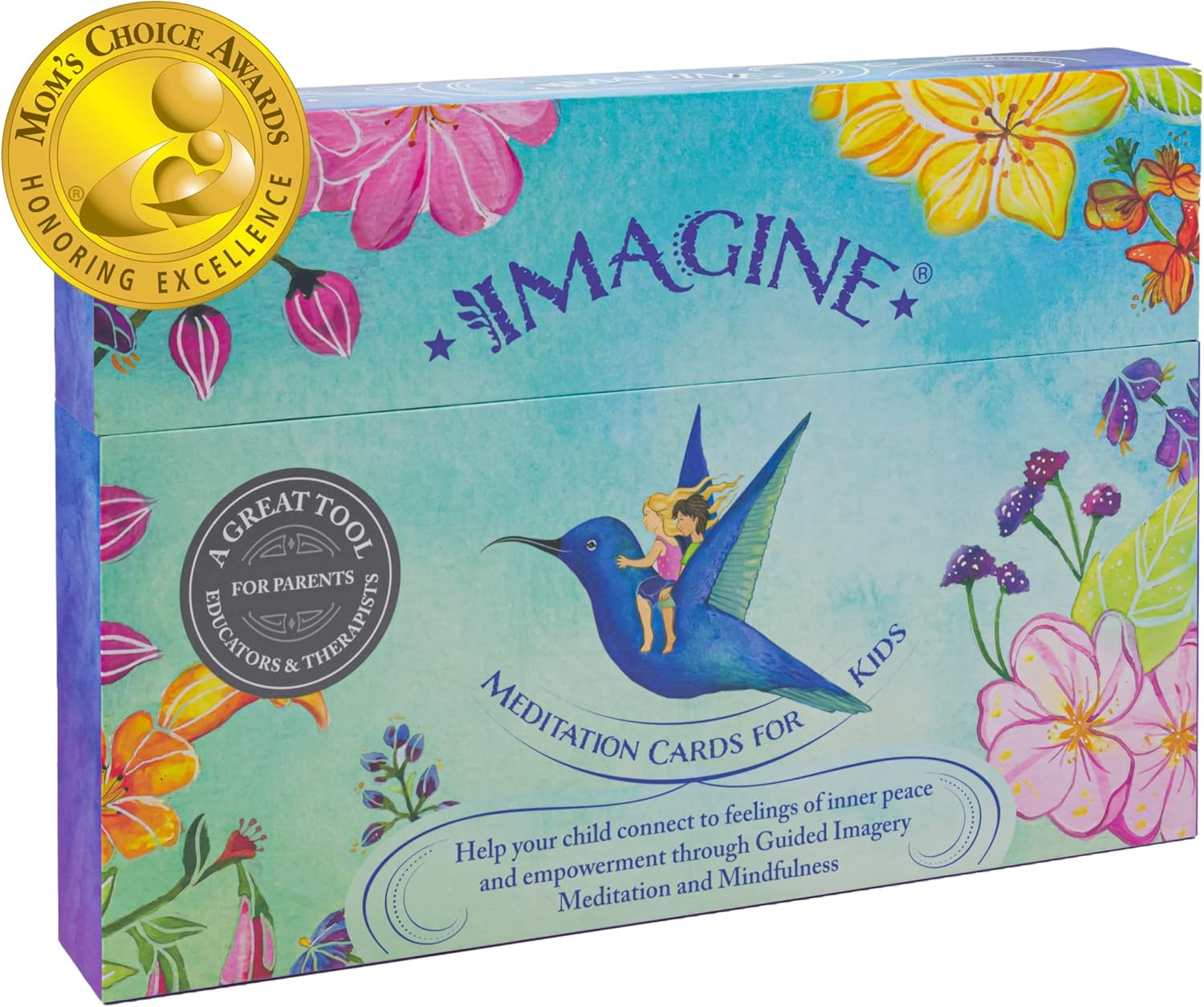Intellectual well-being is a concept that is gaining traction in both the academic and popular press. It is defined as the state of being mentally and emotionally healthy, productive, and engaged in life. The concept of intellectual well-being has been around for centuries, but it is only recently that it has been studied and applied in a systematic way. Let's explore all aspects of intellectual well-being and provide an overview of the current research and evidence.
What is intellectual well-being
First, let’s define what intellectual well-being is. It can be thought of as the combination of cognitive and emotional functioning. Cognitive functioning is the ability to think, reason, analyze, and problem-solve. Emotional functioning is the ability to feel, express, and manage emotions. Both of these areas of functioning are essential for intellectual well-being, as they allow for creativity, problem-solving, and social and emotional intelligence.
Components of intellectual well-being
So, what are the components of intellectual well-being? According to the World Health Organization (WHO), there are five key components of intellectual well-being: cognitive functioning, emotional functioning, physical health, social engagement, and creativity.
Cognitive functioning
Cognitive functioning is the ability to think, reason, analyze, and problem-solve. This is essential for intellectual well-being as it allows for creative problem-solving and engaged learning. Research suggests that cognitive functioning can be improved through physical activity, nutrition, sleep, and stress management.
Cognitive functioning can be improved by engaging in physical activity that challenges the mind, such as puzzles or brainteasers. Nutrition also plays an important role in improving cognitive functioning, as certain vitamins and nutrients have been proven to boost memory, focus, and concentration. Additionally, getting enough quality sleep is important for cognitive functioning, as sleep deprivation can lead to impaired memory and decreased concentration. Finally, managing stress is key for improving cognitive functioning, as too much stress can lead to difficulty concentrating and processing information.
Emotional functioning
Emotional functioning is the ability to feel, express, and manage emotions. This is essential for intellectual well-being as it allows for self-awareness, self-regulation, and empathy. Developing and maintaining positive relationships with family, friends, and colleagues can help to improve emotional functioning, as these relationships provide a supportive environment in which to process and share emotions.
Additionally, engaging in self-care activities such as yoga, mindfulness, or art can help to improve emotional functioning, as these activities provide an opportunity to connect with one’s emotions and manage them in healthy ways. Finally, engaging in positive thinking can also help to improve emotional functioning, as it can help to shift negative thought patterns and create more space for positive emotions.
Physical health
Physical health is the state of being physically active, healthy, and well-rested. This is essential for intellectual well-being as it allows for mental and physical energy. Regular physical activity is key for improving physical health, as it can help to increase energy levels and reduce stress. Eating nutritious and balanced meals is also important for physical health, as certain foods can provide essential vitamins and nutrients to support the body.
Additionally, getting enough quality sleep is essential for physical health, as it can help to improve concentration and boost the immune system. Finally, managing stress is important for physical health, as too much stress can lead to physical and mental exhaustion.
Social engagement
Social engagement is the ability to engage in meaningful relationships and activities with others. This is essential for intellectual well-being as it allows for connection and collaboration. Developing and maintaining meaningful relationships with family, friends, and colleagues can help to improve social engagement, as these relationships provide mutual support and an opportunity to share experiences.
Additionally, engaging in meaningful activities such as volunteering, joining clubs, or attending events can help to improve social engagement, as these activities provide an opportunity to meet new people and create lasting connections. Finally, engaging in collaborative activities such as group projects or team sports can help to improve social engagement, as they provide an opportunity to learn from and work with others.
Creativity
Creativity is the ability to generate and express ideas in novel and innovative ways. This is essential for intellectual well-being as it allows for creative problem-solving and engaged learning. Engaging in activities such as brainstorming, drawing, writing, and making music can help to improve creativity, as these activities provide an opportunity to explore ideas and express them in unique ways. Additionally, exploring new environments and cultures can also help to improve creativity, as it can help to broaden one’s perspectives and introduce new ideas. Finally, taking risks and trying new things can also help to improve creativity, as it can help to open up new possibilities and expand one’s creativity.
In addition to these five components, there are several other factors that contribute to intellectual well-being. These include motivation, resilience, curiosity, and self-efficacy.
Motivation
Motivation is the desire to take action and achieve goals. This is essential for intellectual well-being as it allows for engagement and progress. Creating achievable goals and breaking them down into small steps can help to improve motivation, as it can help to create a sense of structure and organization. Positive reinforcement can also help to improve motivation, as it can help to provide motivation and encourage progress.
Additionally, engaging in self-talk can help to improve motivation, as it can provide an opportunity to be honest with oneself and create a more positive mindset. Finally, setting aside time to rest and recharge can also help to improve motivation, as it can help to maintain energy levels and prevent burnout.
Resilience
Resilience is the ability to cope with and adapt to challenging situations. This is essential for intellectual well-being as it allows for problem-solving and overcoming adversity. Developing and maintaining positive relationships with family, friends, and colleagues can help to improve resilience, as these relationships provide support and a sense of belonging.
Additionally, engaging in self-care activities such as yoga, mindfulness, or art can help to improve resilience, as these activities provide an opportunity to connect with one’s emotions and manage them in healthy ways. Finally, engaging in positive thinking can also help to improve resilience, as it can help to shift negative thought patterns and create more space for positive emotions.
Curiosity
Curiosity is the desire to explore, learn, and seek out new experiences. This is essential for intellectual well-being as it allows for exploration and growth. Engaging in activities such as reading, traveling, and engaging in meaningful conversations can help to improve curiosity, as these activities provide an opportunity to explore and learn about new ideas and different perspectives.
Additionally, taking risks and trying new things can also help to improve curiosity, as it can help to open up new possibilities and expand one’s knowledge. Finally, setting aside time for reflection can also help to improve curiosity, as it can help to strengthen one’s understanding of the world and their place in it.
Self-efficacy
Self-efficacy is the belief in one’s ability to succeed. This is essential for intellectual well-being as it allows for confidence and a sense of purpose. Setting achievable goals and breaking them down into small steps can help to improve self-efficacy, as it can help to create a sense of structure and organization. Positive reinforcement can also help to improve self-efficacy, as it can help to provide motivation and encourage progress. Additionally, engaging in self-talk can help to improve self-efficacy, as it can provide an opportunity to be honest with oneself and create a more positive mindset. Finally, setting aside time to rest and recharge can also help to improve self-efficacy, as it can help to maintain energy levels and prevent burnout.
How to achieve optimal intellectual well-being
Here are some key elements that can help you to achieve optimal intellectual well-being.
1. Self-Awareness
Self-awareness is an important part of achieving intellectual well-being. Taking time to reflect on your values, strengths and weaknesses can help you identify areas of improvement and create meaningful goals. Paying attention to your thoughts and emotions will also help you to understand yourself better and make better decisions.
2. Engage in Challenging Activities
Challenging activities can help to stimulate your intellect and creativity. Taking on new projects, reading challenging books, trying new hobbies and engaging in intellectual conversations can help to improve your cognitive abilities and enhance your sense of intellectual well-being.
3. Cultivate a Positive Mindset
Having a positive mindset is essential for achieving optimal intellectual well-being. Focusing on the positives and having an optimistic view of life can help to reduce stress and anxiety, and help you to remain motivated and engaged in activities.
4. Embrace Failure
Failure is inevitable, but it is how we respond to failure that will determine our success. Rather than viewing failure as a sign of weakness, it should be seen as a learning opportunity. Embracing failure and viewing it as a chance to grow and learn can help to increase our self-confidence and foster a resilient attitude.
5. Develop Healthy Habits
Healthy habits are essential for achieving optimal intellectual well-being. Eating a balanced diet, exercising regularly, getting enough rest and taking time to relax can help to improve mental clarity and concentration.
6. Connect with Others
Social connection is an important part of achieving intellectual well-being. Cultivating meaningful relationships with family, friends and colleagues can help to increase our sense of belonging and give us the support and encouragement we need to succeed.
7. Pursue Meaningful Goals
Having meaningful goals can help to keep us motivated and give us a sense of purpose. Pursuing goals that align with our values can help us to stay focused and inspired and create a fulfilling life.
As we can see, intellectual well-being is an essential part of overall mental health and well-being. It is a complex concept that involves cognitive and emotional functioning, physical health, social engagement, creativity, motivation, resilience, curiosity, and self-efficacy. Research suggests that these components can be improved through physical activity, nutrition, sleep, stress management, positive relationships, meaningful activities, collaboration, self-care, positive thinking, goal setting, positive reinforcement, and self-talk.
Ultimately, it is important to remember that intellectual well-being is an individual process and that everyone’s needs and experiences are unique. It is also important to have a supportive network of friends, family, and professionals who can help to foster and nurture intellectual well-being.



